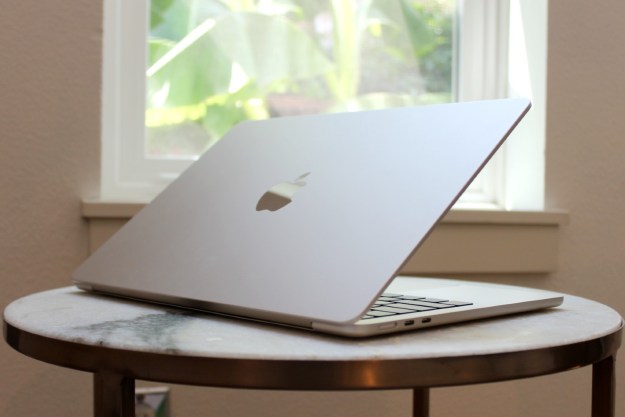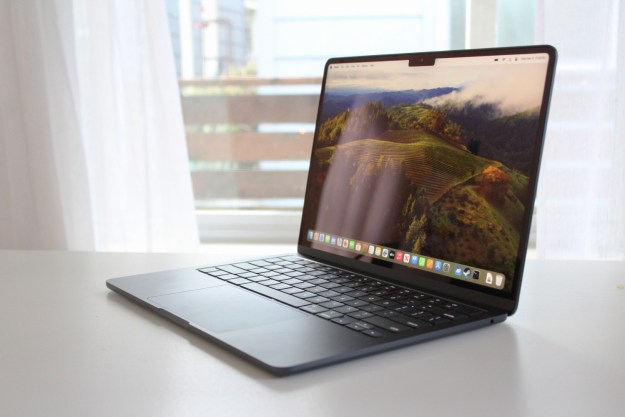Apple finally introduced its redesigned MacBook Pro line that brought many features that professionals and prosumers alike will definitely enjoy. One of those features is ability to get at least 50% charge after only 30 minutes of fast charging. However, the catch is that the ability to fast charge comes at an additional cost.
The base model 14-inch MacBook Pro ships with the 67W USB-C adapter. The problem is that it isn’t enough to actually fast charge the base model. To take advantage of Apple’s impressive fast charging, buyers must pay an extra $20 for the 96W USB-C power adapter. While $20 doesn’t seem like much (especially if you’re paying $2,000 or more for a laptop), it’s disappointing that one of the marquee features of the new MacBook Pro is still an extra charge.

Many customers who purchase Apple’s base model MacBook Pro may not realize that the included 67W charger won’t fast charge their shiny new laptop. Apple’s website says that the 96W charger is a “free upgrade” if customers opt for the model with the 10-core M1 Pro chip, but that’s a $200 upgrade. The irony is that because Apple’s M1 chips are so powerful and efficient, many people may opt to just get the base 8-core M1 Pro instead of the more powerful 10-core.
This isn’t the only time Apple removed an important feature in base Mac models. The base 24-inch M1 iMac does not have the power adapter with the gigabit ethernet jack built in. That upgrade will set you back around $30. Again, it’s not that $30 is particularly expensive given how much the iMac already costs, it’s the principle of removing such a basic feature and selling it back as a paid “upgrade.”
By all accounts, the new MacBook Pro models provide the best price to performance out of any laptop out there. The M1 Pro and M1 Max chips are game changers that vastly outshine even the already impressive M1 chips. Early benchmarks for the M1 Max reveal a nearly 60% increase in performance compared to last year’s M1 chips. It’s just a shame that Apple continues to nickel and dime customers for access to advertised features.
Editors' Recommendations
- The XPS 16 is fighting an uphill battle against the MacBook Pro
- A new wave of powerful laptops rises to challenge the MacBook Pro
- If you buy one MacBook Air alternative, make it this one
- The case for buying the M2 MacBook Air over the M3 model
- Why you should buy a MacBook Pro instead of a MacBook Air




